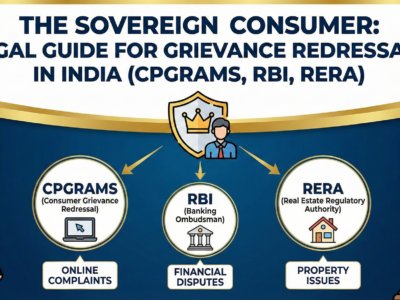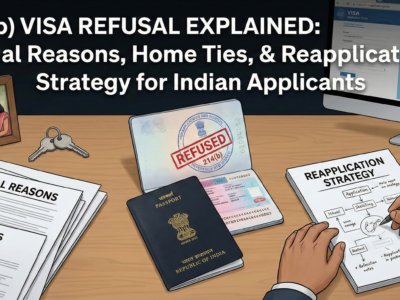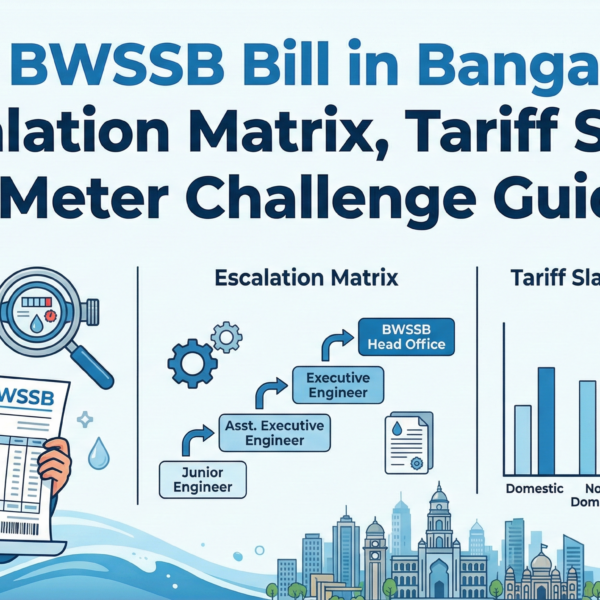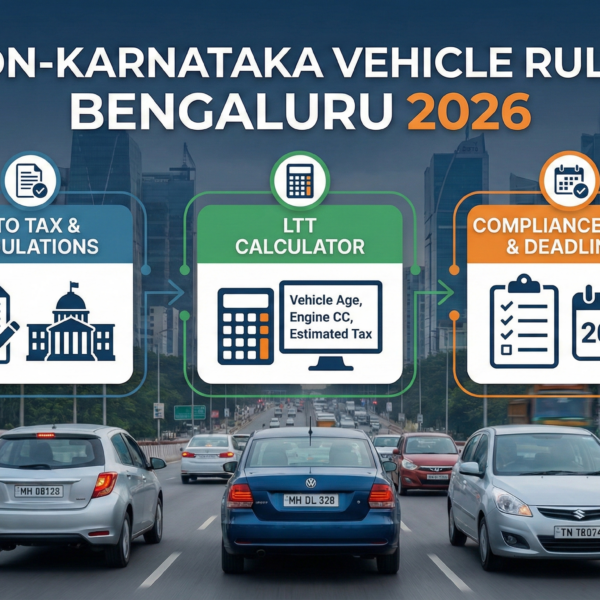From clandestine phone-call recordings to quietly scrolling through a partner’s WhatsApp backup, digital snooping raises thorny legal questions in India. Because no single “anti-snooping” law exists, the legality—and admissibility in court—depends on a patchwork of statutes: the Constitution’s privacy right, the Information Technology Act, gender-specific IPC offences like voyeurism and stalking, and the 2023 Digital Personal Data Protection Act. This article distills the current (July 2025) position, clarifying when secret recording or chat access can land you in jail, when it may still serve as valid evidence, and how the rules differ for male and female victims or perpetrators.
eVaakil.com
Legal Insights on Digital Privacy (2025 Update)
The legal framework governing secret recordings and reading private digital chats in India has become a complex, contradictory landscape. This deep dive analyzes the constitutional principles, statutory laws, and recent judicial precedents that define digital privacy in 2025.
The Five Layers of Digital Privacy Law in India
Constitutional Privacy (Art. 21)
The supreme right to privacy as part of the right to life.
Indian Evidence Act, 1872
Governs the authenticity and admissibility of electronic evidence.
Information Technology Act, 2000
Criminalizes hacking, identity theft, and privacy violation.
Indian Penal Code, 1860
Provides gender-specific offences like stalking and voyeurism.
DPDP Act, 2023 & Sectoral Rules
Regulates corporate data handling and imposes civil penalties.
Part I: The Constitutional Bedrock of Digital Privacy
The journey of digital privacy in India is anchored in the landmark K.S. Puttaswamy v. Union of India case, which elevated privacy to a fundamental right under Article 21 of the Constitution. This judgment, which overruled earlier cases like M.P. Sharma (1954) and Kharak Singh (1964), established a powerful shield against arbitrary surveillance.
Timeline: The Evolution of Privacy Rights in India
1954: M.P. Sharma
Supreme Court holds that the right to privacy is not a fundamental right.
1964: Kharak Singh
Reaffirms that privacy is not a constitutionally guaranteed right.
2017: K.S. Puttaswamy I
A 9-judge bench unanimously declares privacy a fundamental right under Article 21.
2025: SC & MP HC Rulings
Create a "matrimonial exception," allowing illegally obtained evidence in family court cases.
The Puttaswamy judgment signaled a decisive shift from a "crime control" model of justice, which prioritizes evidence relevance over legality, to a "due process" model that safeguards individual rights. This has created a strong basis to argue for an "exclusionary rule"—barring illegally obtained evidence. However, as we'll see, courts have been reluctant to apply this rule absolutely, especially in civil disputes.
Part II: The Statutory Maze
While the Constitution provides the overarching principles, a complex web of statutes governs the specifics of digital conduct, data processing, and privacy-related offences. The Indian legal framework makes a critical distinction between the actions of an individual snooper and the data handling practices of corporate or state entities.
Gender Asymmetry in Law: A Visual Comparison
Protections for Women
IPC 354D: Stalking
IPC 354C: Voyeurism
IT Act (Gender-Neutral)
PWDVA, 2005 (Emotional Abuse)
Protections for Men
IPC 354D: Stalking
IPC 354C: Voyeurism
IT Act (Gender-Neutral)
PWDVA, 2005
This infographic highlights how the IPC provides specific protections against stalking and voyeurism only to women, forcing male victims to rely on gender-neutral IT laws.
The IT Act is the primary law penalizing the act of unauthorized digital access. The DPDP Act regulates corporate data handling, and the IPC provides gender-specific offences.
DPDP Act, 2023 & 2025 Rules: A New Compliance Paradigm
The DPDP Act regulates the lawful processing of data by "Data Fiduciaries" (e.g., companies). It focuses on corporate accountability, not individual crime. The 2025 Draft Rules add specifics:
What's Your Situation?
Select your scenario to see the most relevant legal provisions and potential consequences.
Primary Offence: Stalking (IPC Section 354D)
This is a gender-specific law. It is a crime for a man to monitor a woman's online activity persistently. The perpetrator faces up to 3 years in jail for a first offence.
Primary Offence: Voyeurism (IPC Section 354C)
This is a gender-specific law. It's a crime for a man to capture or share images of a woman in a "private act" without consent. Penalty is 1-3 years jail for a first offence.
Also applicable: Violation of Privacy (IT Act, S. 66E), which is gender-neutral.
Primary Offence: Hacking (IT Act Section 66)
This gender-neutral law applies to any person who dishonestly accesses a computer or device. The penalty is up to 3 years in jail or a fine up to ₹5 lakh.
Primary Recourse: IT Act Provisions
The specific IPC stalking law (354D) does not apply to male victims. You must rely on gender-neutral laws like Section 66 of the IT Act (Hacking) if access was unauthorized, or file a civil suit for invasion of privacy.
Primary Offence: Violation of Privacy (IT Act Section 66E)
The specific IPC voyeurism law (354C) does not apply to male victims. Your primary recourse is this gender-neutral IT Act provision, which criminalizes capturing/sharing images of anyone's private areas. The penalty is up to 3 years jail or a fine up to ₹2 lakh.
Primary Offence: Hacking (IT Act Section 66)
This gender-neutral law applies to any person who dishonestly accesses a computer or device. The penalty is up to 3 years in jail or a fine up to ₹5 lakh. This is your primary criminal recourse.
General Recourse: IT Act & Civil Suit
For situations not covered by specific IPC sections, the primary criminal recourse lies in the gender-neutral IT Act (e.g., S. 66 for Hacking, S. 66E for Privacy Violation). You can also file a civil lawsuit for damages for the tort of invasion of privacy.
Part III: The Evidentiary Tightrope
Here lies the central paradox: even if a recording is obtained illegally, can it be used in court? The answer, shaped by recent judicial pronouncements, is a qualified and context-dependent "yes."
Balancing Act: Privacy vs. Fair Trial
Part IV: Strategic Recommendations
The legal landscape demands different strategies for individuals and corporations. Understanding your rights and obligations is the first step towards protection.
What To Do If You've Been Snooped On: A Flowchart
Frequently Asked Questions
Courts usually allow it as corroborative evidence, especially if you are present in the room while recording. The risk is minimal as long as the evidence is used solely for the court case and not published elsewhere. The "matrimonial exception" strengthens its admissibility.
Yes, absolutely. The law makes no exception for marital relationships. If the video captures a "private act" (e.g., bathing, changing) and is done without her consent, it constitutes the gender-specific offence of voyeurism under IPC Section 354C.
Yes. Cyber cells are empowered to register cases under the IT Act, such as Section 66E (Violation of Privacy) or Section 66 (Hacking). While the penalties might be lighter than for other crimes, these are cognizable offences, and the police are obligated to investigate.
No. The DPDP Act is a civil law that establishes a regulatory framework. It imposes administrative fines (up to ₹250 crore) on non-compliant companies (Data Fiduciaries) but does not include provisions for imprisonment. Criminal liability for privacy violations still comes from the IPC and the IT Act.









